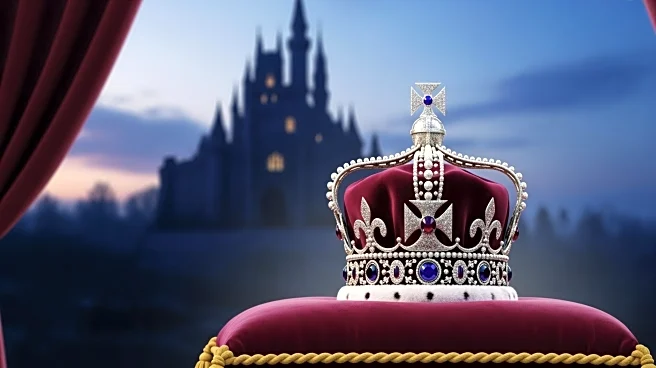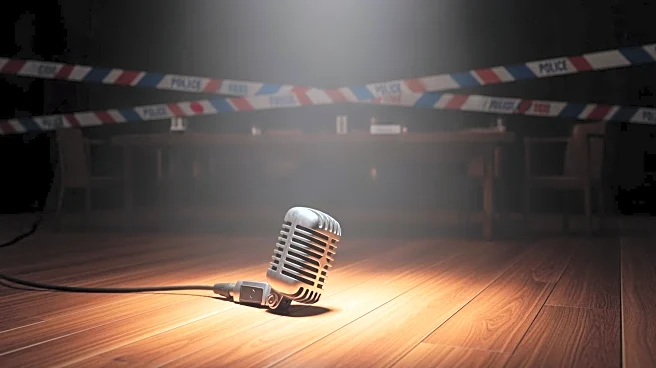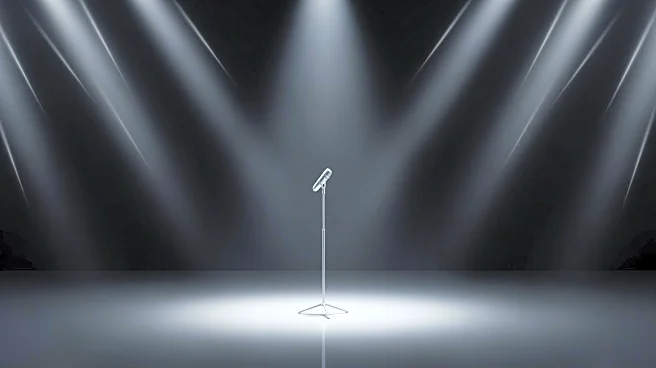What's Happening?
Prince Andrew, the Duke of York, is facing renewed scrutiny over his continued residence at Royal Lodge, a 30-room mansion in Windsor Great Park. The property, which he has occupied since 2003, is officially
owned by the Crown Estate. Under a 75-year lease agreement, Prince Andrew paid £1 million for the property and an additional £7.5 million for refurbishments. The lease stipulates a nominal rent of 'one peppercorn' per annum, if demanded. The mansion, historically linked to the British royal family, has been a residence for various royals since the 19th century. Recent media reports suggest that Prince Andrew may be in discussions to vacate the property, although Buckingham Palace and the Crown Estate have not commented on these claims.
Why It's Important?
The situation surrounding Prince Andrew's residence at Royal Lodge highlights broader issues of transparency and accountability within the British monarchy, particularly concerning the use of royal properties and public funds. The scrutiny comes in the wake of Prince Andrew's association with Jeffrey Epstein, which has already led to the loss of his royal titles. The potential vacating of Royal Lodge could signify further distancing of the royal family from Prince Andrew amid ongoing scandals. This development may also prompt discussions about the future use of royal properties and the financial arrangements tied to them, impacting public perception of the monarchy.
What's Next?
If Prince Andrew is indeed negotiating to leave Royal Lodge, it could lead to a reevaluation of the property's use and its future occupants. The Crown Estate may consider alternative uses for the mansion, potentially opening it to other members of the royal family or repurposing it for different functions. Additionally, this situation may catalyze further calls for transparency in the management of royal assets and the financial dealings of the monarchy, potentially influencing future policy decisions regarding royal property leases.
Beyond the Headlines
The ongoing scrutiny of Prince Andrew's residence at Royal Lodge also raises questions about the ethical implications of royal privileges and the accountability of public figures. The arrangement, which allows for minimal rent and significant autonomy over a historically significant property, may be seen as emblematic of broader issues within the monarchy. This could lead to increased public and political pressure for reforms in how royal properties are managed and the financial benefits afforded to members of the royal family.










